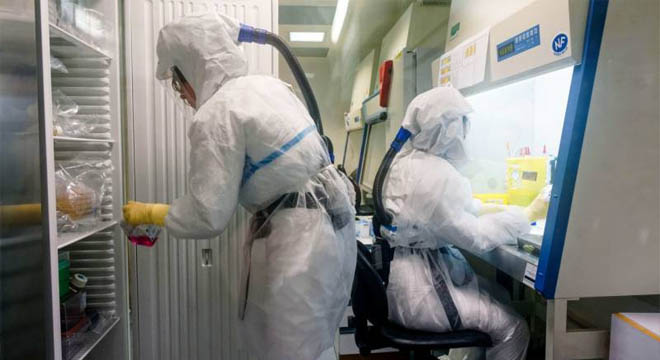A latest research has identified considerable changes in the coronavirus during its local transmission across different localities in world including Pakistan.
The Quaid-i-Azam University collaborated with scientific facilities in China and the United States for the research, titled “Evolutionary and structural analysis of SARS-CoV-2 specific evasion of host immunity”, which was published in Nature’s Genes & Immunity journal.
This study found that evolutionary substitution may change and realign the secondary structural elements of the SARS-CoV-2 to create new intra-proteins contacts that may enhance the virus’s ability to inhibit host immunity.
According to details, the team found that the changes to the virus had improved its ability to inhibit the human immune system. This is why the coronavirus spreads so fast to the lower respiratory tract of humans and causes severe respiratory syndrome.
Moreover, the researchers screened the genomes of more than 160 viruses from 40 countries. Their findings and data add to a growing body of evidence that coronaviruses share a common ancestor from late 2019, suggesting this was when the virus jumped from a previous animal host into humans.
The professor and chairperson of the National Centre for Bioinformatic at QAU and co-lead of the research Dr Amir Ali Abbasi remarked his team’s scientific work can assist in designing small-molecule inhibitors that perturb specific functions of coronavirus in the suppression of host immunity, which may help to reduce disease burden and assist recovery of patients.
Pakistan, he summoned, is currently facing the second and most deadly outbreak of COVID-19. He indicated it as an urgent need to generate and analyse large-scale genetic data of COVID-19 to see what is causing coronavirus in Pakistan.
This genetic information can be used in combination with epidemiological data to inform public health decision-making in Pakistan and prevent the virus from spreading even more, Dr Amir remarked
Follow the PNI Facebook page for the latest news and updates.









